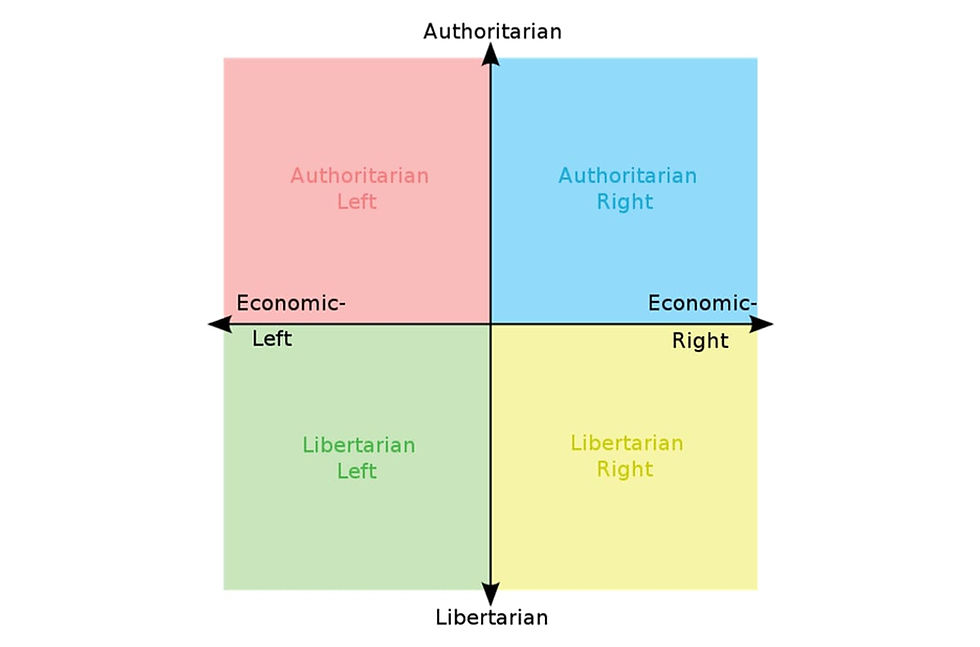
Ideologies play a crucial role in shaping human societies, guiding belief systems, and influencing political, economic, and social structures. In this article, we will embark on a journey through time and space to explore a diverse range of ideologies that have left their indelible mark on humanity. From the ancient philosophical musings to modern political movements, we delve into the origins, key principles, and impacts of various ideologies that have shaped the course of history.
Classical Philosophies:
It begins with a glimpse into the ancient world of classical philosophies. From the teachings of Plato and Aristotle in ancient Greece to the Confucianism of China and Hinduism of India, these early ideologies laid the foundation for philosophical and ethical reasoning. It examines how these ancient ideologies still resonate in contemporary thought and continue to shape moral values and social norms.
Enlightenment and Liberalism:
The Enlightenment era ushered in an age of reason and rationality, challenging traditional authority and advocating for individual rights and freedoms. It explores the emergence of liberal ideologies, spearheaded by thinkers like John Locke, Voltaire, and Thomas Jefferson, that championed human rights, democracy, and the separation of powers.
Marxism and Socialism:
Moving forward, it ventures into the 19th century to witness the rise of Marxism and socialism as responses to the socio-economic inequalities brought on by the Industrial Revolution. The works of Karl Marx and Friedrich Engels laid the groundwork for socialist movements worldwide, advocating for the abolition of private property and the establishment of a classless society.
Conservatism and Reactionary Thought:
Contrasting with the progressive ideologies, it delves into conservatism and reactionary thought. It explores how thinkers like Edmund Burke and Joseph de Maistre sought to preserve traditional values, institutions, and hierarchical order in response to the revolutionary changes of their time. It also examines how conservatism continues to be a significant force in modern politics.
Feminism and Gender Equality:
The feminist movement, which emerged in the late 19th and early 20th centuries, advocating for gender equality and women's rights. It showcases the works of prominent feminists such as Mary Wollstonecraft, Simone de Beauvoir, and Gloria Steinem, and their contributions to challenging patriarchal norms and promoting social justice.
Environmentalism and Ecological Consciousness:
As humanity faced environmental challenges in the 20th century, environmentalism emerged as a vital ideology. It explores the evolution of environmental thought, from conservation efforts to the global movement calling for sustainable practices and climate action. Notable figures like Rachel Carson and Wangari Maathai exemplify the impact of environmentalism on a global scale.
From classical philosophies to contemporary movements, these ideologies have provided frameworks for understanding the world, challenging existing systems, and envisioning a better future. As we continue to navigate the complexities of the modern world, understanding and critically analyzing these ideologies can pave the way for a more enlightened and compassionate society.

Comments